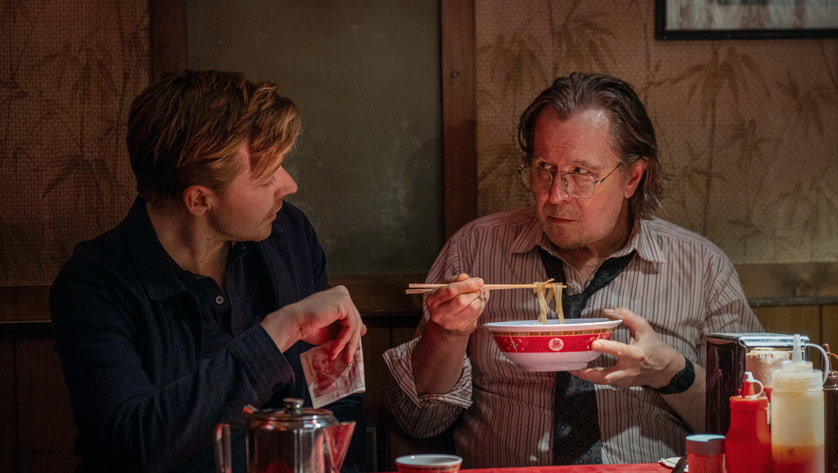A television series entirely created by generative AI could be within reach in the next three to five years, as indicated by James Hawes, known for his work on “Slow Horses” and the Anthony Hopkins film “One Life.”
Hawes engaged in discussions with legal representatives from SAG-AFTRA and the WGA, conducting surveys among fellow directors and VFX professionals following the cancellation of the long-standing series “Doctors” by the BBC. Through these interactions, he explored the feasibility of a fully AI-generated series, revealing that the consensus pointed towards a timeline of three to five years for such a development.
According to Hawes, the envisioned process would involve providing prompts such as creating a scene in an emergency room where a doctor is romantically involved with a woman amidst a life-threatening situation. While the AI-generated content may not initially match the refinement of human-crafted productions, the advancement is rapidly approaching.
Expressing concerns, Hawes highlighted the potential impact on industry training opportunities for emerging professionals, particularly in below-the-line roles, citing the example of “Doctors.”
Acknowledging the inevitability of AI integration in storytelling, Hawes emphasized the need for the UK to keep pace with advancements like Open AI’s Sora program, which enables the digital generation of scenes. He cautioned that failure to adapt could result in AI narratives being predominantly sourced from other regions, emphasizing the need for proactive measures to address this disparity.
In contrast to the comprehensive guidelines established by U.S. guilds regarding AI utilization, the UK is poised to incorporate artificial intelligence significantly in upcoming negotiations between actors’ unions, broadcasters, and producers.
Emphasizing the irreplaceable spontaneity inherent in non-AI productions, Hawes recounted an anecdote involving Anthony Hopkins spontaneously playing the piano on the set of “One Life,” showcasing the unique creative contributions that human performers bring to the storytelling process.
In a separate discussion, Hawes disclosed that “Slow Horses” initially faced rejection from certain British broadcasters due to its perceived eccentricity and British-centric nature, posing challenges for its adoption by platforms like Apple TV+.
Reflecting on the industry landscape, Hawes echoed concerns raised by Bectu boss Philippa Childs regarding the UK’s overreliance on external investments, which have inflated production costs and hindered domestic competitiveness.
Transitioning from high-end TV to film, Hawes noted the diminishing stigma from film executives towards TV directors, signaling a shift in industry perceptions.
The ongoing inquiry, overseen by the UK’s Culture, Media & Sport Committee, is shedding light on the state of British film and high-end TV, with a focus on areas such as funding, tax incentives, and diversity initiatives. Notable industry figures like Gurinder Chadha and Ken Loach are among those contributing to the examination of these critical issues.










